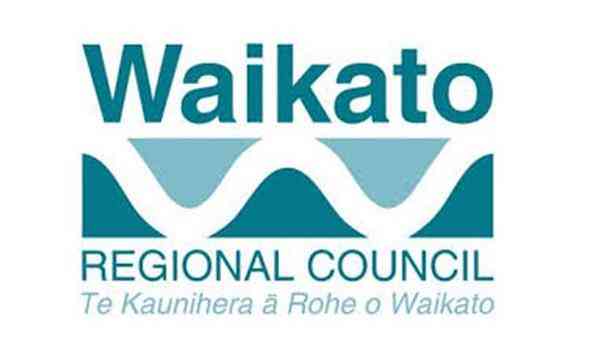Waikato Regional Council news
A report released this week gives a snapshot of life prior to COVID-19 and will provide decisionmakers with valuable information to measure and guide recovery efforts in the Waikato.
The Waikato Regional Council report measures 32 environmental, social, cultural, and economic indicators which are regularly updated and analysed to identify changes and trends over time. The latest update provides results from data gathered from 2007 up to the end of 2019.
It shows that the people of the Waikato have better quality of life compared to the national average. However, the Waikato is behind the national average on other indicators, including crime, cultural respect, road safety, voter turnout, and gross domestic product (GDP).
The Waikato Progress Indicators – Tupuranga Waikato (WPI) report is part of an annual council series which provides a snapshot of the region’s overall state of wellbeing across a variety of issues.
During yesterday’s strategy and policy committee meeting (ED: 17 June), councillors heard that, compared to the national average, Waikato has a relatively high percentage of te reo Māori speakers, a high level of social connectedness and community pride, better housing affordability, and above-average levels of life satisfaction.
The report noted positive trends over recent years in household income, regional GDP, building activity, educational attainment, crime and people’s perception of safety. It also revealed positive results in council-led activities, including continuous improvement in the region’s air quality and improved road safety.
“We’re yet to realise the true impact of COVID-19 on our region, but we are well positioned to recover from its effects with a huge combined effort going into creating jobs and driving economic improvements,” said Waikato Regional Council chair Russ Rimmington.
“Over the next couple of years these indicators will provide valuable insight on how our region is tracking in its recovery, compared with the rest of New Zealand, and enable us to respond accordingly,” Cr Rimmington said.
The report’s author, strategic principal advisor Dr Beat Huser, said the results of the WPI programme provide a robust basis for discussing regional challenges and opportunities and identifying priorities for closer collaboration and partnerships.
“It also provides a framework and evidence base to progress regional wellbeing, and to work together with the Government on its wellbeing agenda.”
More information is available at waikatoregion.govt.nz/wpi.
